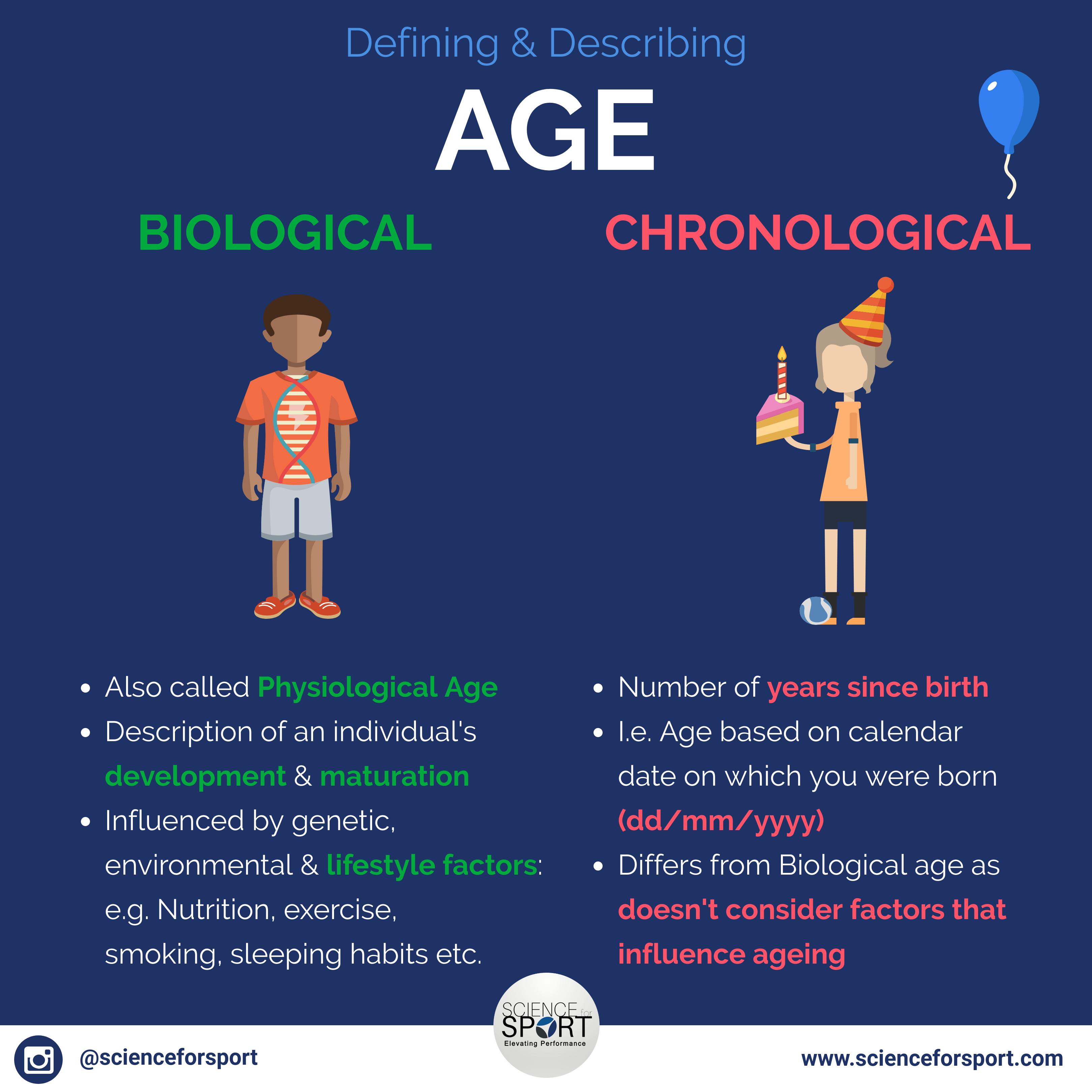

Next, they used the algorithm on samples from participants in three other long-term studies. then developed an algorithm – named “DunedinPoAm” – that identified people with an accelerated or slowed pace of aging based on a single blood test. First, data about chemical changes to an individual’s DNA, called DNA methylation, were analyzed from white blood cell samples collected from 954 people in a long-term health study known as “The Dunedin Study”. show a blood test designed to measure the pace of aging predicts which people are at increased risk of poor health, chronic disease and an earlier death. This would allow scientists to more quickly determine if treatments slow the aging process. An alternative approach is to try to develop a test that measures the pace of aging, or essentially “a speedometer for aging”. Scientists would have to follow human study participants for decades to detect delays in disease onset or an extension of their lives. Our lives are much longer than the worms, flies or mice used in the experiments. But testing these treatments in humans is challenging. Studies in animals have identified treatments that extend the creatures’ lives and slow age-related disease. The hope is that such treatments could prevent or delay diseases like heart disease or dementia, for which older age is the leading risk factor.

This observation has led scientists to try to develop therapies that slow aging. In others, these processes occur at a slower pace, allowing those individuals to live longer, healthier lives. Age-related biological changes that increase the risk of disease and disability progress rapidly in some people.
#Chronological age test trial
Validation analysis in cohort studies and the CALERIE trial provide proof-of-principle for DunedinPoAm as a single-time-point measure of a person’s pace of biological aging. Elastic-net regression was used to develop a DNA-methylation predictor of Pace-of-Aging, called DunedinPoAm for Dunedin(P)ace(o)f(A)ging(m)ethylation. Rates of change in each biomarker over ages 26–38 years were composited to form a measure of aging-related decline, termed Pace-of-Aging. We first modeled change-over-time in 18 biomarkers tracking organ-system integrity across 12 years of follow-up in n = 954 members of the Dunedin Study born in 1972–1973. We report a blood-DNA-methylation measure that is sensitive to variation in pace of biological aging among individuals born the same year. Measurements of the pace of aging are needed as surrogate endpoints in trials of therapies designed to prevent disease by slowing biological aging. Veterans Affairs Normative Aging Study, Veterans Affairs Boston Healthcare System, Department of Medicine, Boston University School of Medicine, United States īiological aging is the gradual, progressive decline in system integrity that occurs with advancing chronological age, causing morbidity and disability.Department of Environmental Health Sciences, Harvard TH Chan School of Public Health, United States.Department of Psychology and Dunedin Multidisciplinary Health and Development Research Unit, University of Otago, New Zealand.Department of Biostatistics, Duke University School of Medicine, United States.Duke University Center for the Study of Aging, Duke University, United States.Duke Molecular Physiology Institute, Duke University, United States.Clinical Research Centre, Copenhagen University Hospital Amager and Hvidovre, Denmark.University of Exeter Medical School, College of Medicine and Health, United Kingdom.Laboratory of Precision Environmental Health, Mailman School of Public Health, Columbia University, United States.Center for Genomic and Computational Biology, Duke University, United States.

Department of Psychiatry and Behavioral Sciences, Duke University School of Medicine, United States.Department of Psychology and Neuroscience, Duke University, United States.Social, Genetic, and Developmental Psychiatry Centre, Institute of Psychiatry, King’s College London, United Kingdom.Butler Columbia Aging Center, Columbia University Mailman School of Public Health, United States.Department of Epidemiology, Columbia University Mailman School of Public Health, United States.


 0 kommentar(er)
0 kommentar(er)
